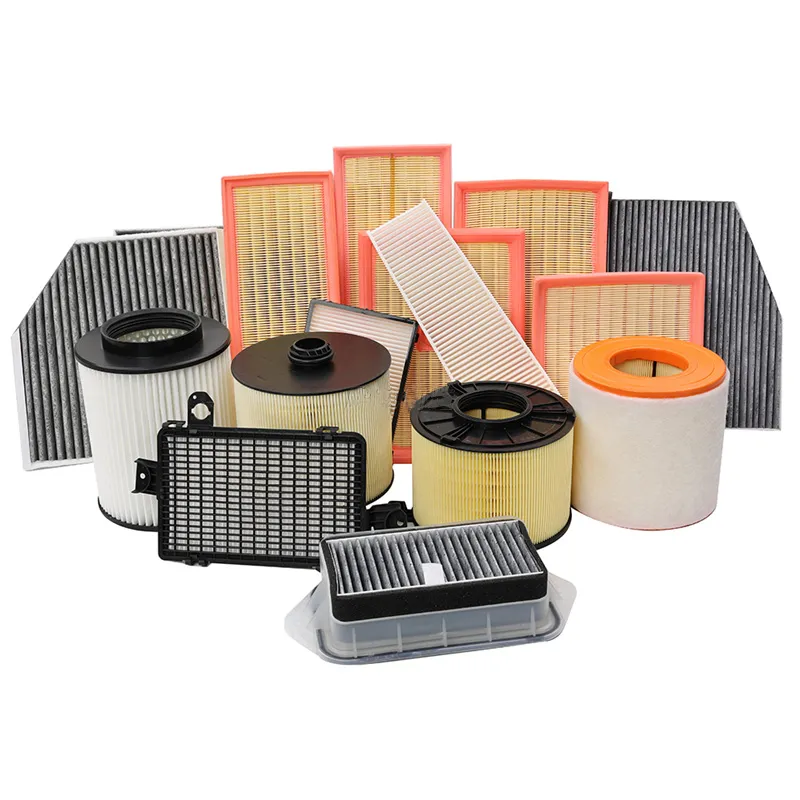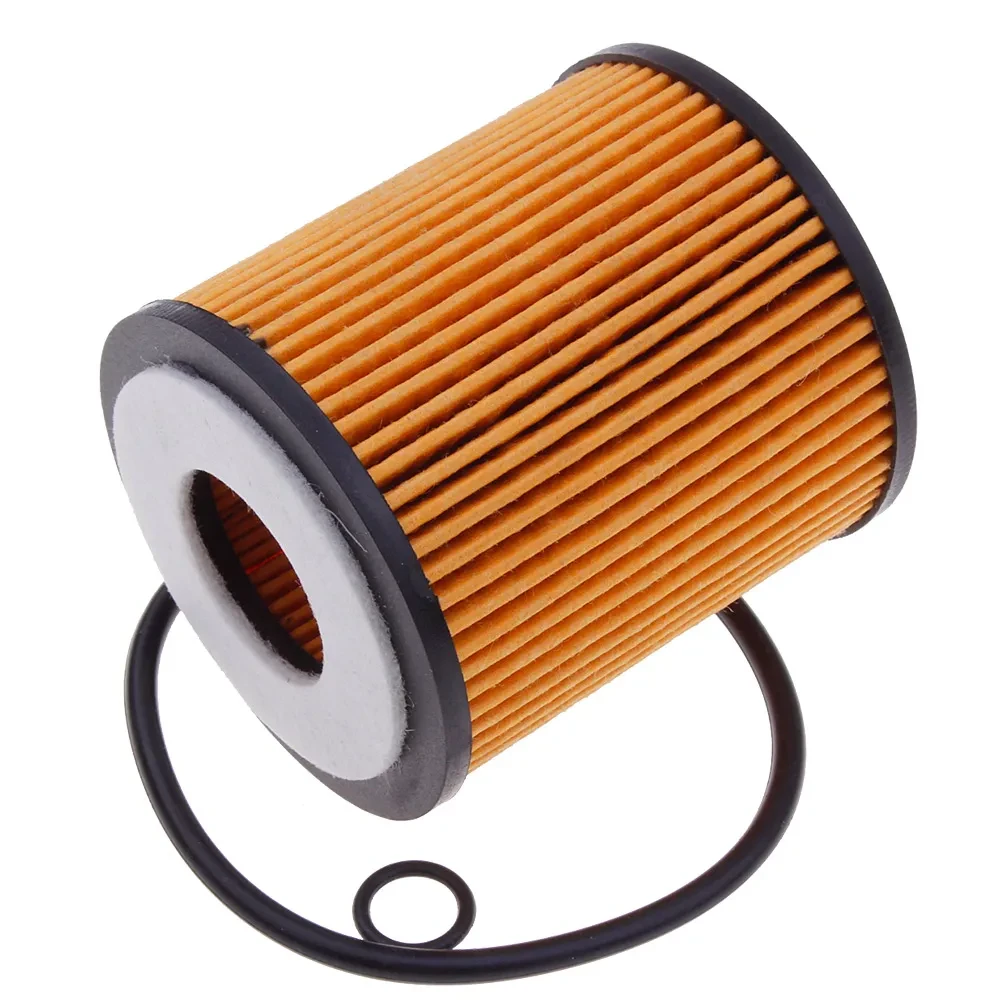
- Introduction to cabin pollen filter cost
and its significance - The function and importance of pollen filters in vehicles
- Technical innovations in modern pollen filters for cars
- Manufacturer comparison: price, lifespan, and efficiency analysis (with data table)
- Custom replacement plans for various car models
- Real-world applications and case studies on filter replacement
- Conclusion: Key takeaways on cabin pollen filter cost

(cabin pollen filter cost)
Understanding Cabin Pollen Filter Cost in Automobile Maintenance
The cabin pollen filter cost has come under increasing scrutiny as modern vehicles place more emphasis on in-cabin air quality. With the rise of air pollution and increased awareness of allergens, replacing a car's pollen filter is not only about comfort—it also impacts health and overall vehicle maintenance. Studies indicate that poorly maintained filters can decrease HVAC efficiency by up to 15%, translating to higher energy consumption and accelerated system wear. According to industry data, the average price for a standard replacement filter in North America ranges from $20 to $50, but the overall expense—including labor—often varies between $60 and $120 per service. This difference in cost stems from filter material quality, brand, vehicle type, and the intricacy of the filter’s installation process. Therefore, understanding the multi-faceted aspects of car pollen filter cost is essential for making informed maintenance decisions.
The Critical Role of Pollen Filters in Modern Automotive Design
Pollen filters, also known as cabin air filters, serve as the first line of defense against airborne contaminants entering the vehicle's interior. By trapping pollen, dust, pollutants, and even fine particles such as PM2.5, these filters ensure that occupants are shielded from harmful pollutants. In recent years, automakers have integrated advanced multi-layer filter technologies that not only capture traditional allergens but also neutralize odors and filter out microbacteria. In densely populated urban environments, a high-efficiency cabin pollen filter can block up to 98% of airborne particles—enhancing both comfort and safety for passengers. The periodic replacement of these filters is crucial; a clogged filter can lead to decreased airflow by as much as 30%, which impacts air conditioning performance and creates potential fogging on vehicle windows. Most automakers recommend replacement intervals every 12,000 to 15,000 miles, but environmental conditions may warrant more frequent service.
Technical Advancements in Car Pollen Filter Design
The automotive aftermarket has witnessed rapid innovation in pollen filter engineering over the past decade. Traditional filters were often constructed from basic pleated paper designed to capture large particulate matter. Today, premium filters utilize activated carbon, HEPA-quality fibers, or even nanofiber layers to target ultra-fine contaminants and volatile organic compounds (VOCs). Studies reveal that advanced filters improve particulate filtration efficiency by 25% compared to conventional designs, while specialty HEPA cabin filters eliminate up to 99.97% of fine particles, including airborne viruses. Manufacturers like Bosch and Mann have pioneered filters with anti-microbial coatings, offering added protection particularly for allergy or asthma sufferers. Innovations in design also include self-regenerating surfaces and longer replacement intervals, with select filters now lasting up to 24,000 miles. These advancements, while increasing unit price, can often reduce overall pollen filter car replacement cost due to improved longevity and superior performance.
Comparing Major Manufacturers: Cost, Lifespan, and Filtration Efficiency
An in-depth cost-benefit assessment sheds light on how different brands fare in terms of price, longevity, and performance. Below is a comparative table featuring three of the leading automotive filter manufacturers—Bosch, Mann-Filter, and Fram—contrasted with a generic OEM cabin pollen filter. The data encapsulates each brand’s average price point, manufacturer-specified lifespan, and laboratory-tested particle filtration efficiency:
| Brand | Average Price (USD) | Recommended Lifespan (miles) | Filtration Efficiency (%) | Special Features |
|---|---|---|---|---|
| Bosch HEPA | $38 | 15,000 | 99.97 (HEPA) | Antibacterial, Odor-Absorbing |
| Mann-Filter FreciousPlus | $35 | 18,000 | 98.3 | Activated Carbon Layer, Anti-Allergen |
| Fram FreshBreeze | $30 | 12,000 | 95.5 | Baking Soda & Carbon, Odor Reduction |
| OEM Standard | $23 | 12,000 | 89.0 | Basic Particulate Filtration |
This comparison underscores that while advanced filters may carry a higher sticker price, their extended service intervals and improved air quality can drive down total maintenance expenditures and enhance in-cabin health benefits. For those sensitive to allergens, investing in high-efficiency filters proves cost-effective in the long term.
Customized Replacement Plans: Tailoring Filter Solutions for Every Car
Selecting the right filter and scheduling timely replacements can vary significantly depending on vehicle make, model, and owner driving habits. For vehicles frequently used in city centers with elevated pollutant levels, adopting a custom replacement schedule—such as every 8,000 to 10,000 miles—may be advisable. Additionally, luxury vehicles often require specialty pollen filters, affecting both the component price and labor charge for installation. For example, a Mercedes-Benz C-Class owner may expect to pay $95–$120 for a filter swap, factoring in complex dashboard panels, whereas a standard Toyota sedan can often be serviced for under $70.
Many service centers now offer bundled “air quality packages” which combine cabin pollen filter replacement with HVAC system sanitization and antimicrobial treatments. Adoption of telematics and predictive maintenance platforms are enabling scheduled reminders based on real-time air quality data and driving profiles. This evolution points to a future where filter replacement is flexible and precisely tailored to individual user needs, optimizing both pollen filter car replacement cost and vehicle health.
Case Studies: Real-World Impact of Timely Pollen Filter Replacement
Evidence from fleet operations and individual car owners underscores the tangible benefits of proactive filter management. In a case study conducted by a major ride-sharing company, vehicles that adhered to a strict 10,000-mile cabin pollen filter replacement interval saw HVAC warranty claims drop by 27% and recorded a 12% uptick in customer satisfaction metrics related to cabin freshness. Another study involving urban commuters highlighted that upgraded filters reduced reported allergy symptoms by 35% among passengers compared to those using standard OEM filters. Feedback from long-haul drivers also indicates that premium activated carbon filters, while initially increasing up-front cost by 60%, extended service intervals and ultimately lowered annual maintenance expenses by over $40 per vehicle. These cases make a compelling argument that optimizing car pollen filter cost goes hand in hand with enhancing both personal well-being and operational efficiency.
Conclusion: Optimizing Your Cabin Pollen Filter Cost for Health and Efficiency
Assessing and managing cabin pollen filter cost is a small but crucial part of continuous vehicle care. Modern filtration technologies add value not just through cleaner air, but by reducing long-term maintenance and supporting public health. As comparative data and real-world cases demonstrate, drivers stand to benefit from premium filters, tailored replacement schedules, and proactive maintenance strategies. Utilizing reliable brands, assessing local air quality, and keeping abreast with the latest innovations all contribute to a smart approach toward optimizing pollen filter car replacement cost. By staying informed and responsive, vehicle owners can ensure cleaner air, lower operating expenses, and a superior driving experience.

(cabin pollen filter cost)
FAQS on cabin pollen filter cost
Q: What is the average cabin pollen filter cost for most cars?
A: The average cabin pollen filter cost for most cars ranges from $15 to $50 for the part alone. Prices vary depending on the vehicle make and filter quality.Q: How much is the typical car pollen filter cost when replaced professionally?
A: Professional replacement for a car pollen filter usually costs between $40 and $100. This includes both the filter and labor.Q: What factors can affect the pollen filter car replacement cost?
A: Replacement cost can vary based on vehicle model, labor charges, and filter brand. Luxury or imported cars may be more expensive.Q: Can I reduce the cabin pollen filter cost by replacing it myself?
A: Yes, replacing the cabin pollen filter yourself saves on labor costs. You'll only pay for the part, typically $15–$50.Q: How often should I expect to pay for pollen filter car replacement?
A: Most manufacturers recommend replacement every 12,000 to 15,000 miles or annually. Frequent replacements may be needed in dusty environments, impacting overall cost.-
Vehicle Performance with Premium Car Filter SolutionsNewsJul.02,2025
-
Upgrade Engine Performance with Timely Air Filter MaintenanceNewsJul.02,2025
-
Optimize Vehicle Health with Timely Air Filter ReplacementNewsJul.02,2025
-
Every Drive with Next-Level Car Filtration SystemsNewsJul.02,2025
-
Driving Comfort with Advanced Air Filtration SystemsNewsJul.02,2025
-
Cleaner with Next-Generation Automotive Air FiltrationNewsJul.02,2025
-
The Importance of Cabin Filter and Engine Filter: The Role and Maintenance of Cabin Filter and Engine FilterNewsJun.25,2025
Related Products




